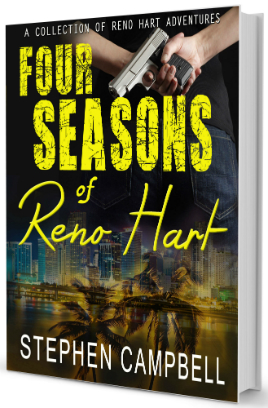by Stephen Campbell | Feb 11, 2015 | Scrivener, Writing
I’ve been a Scrivener user for a little over a year now, and I’m on the learn what you need to know, when you need to know it, education plan. I started a new project this morning with several short scenes and realized I needed to reset the line spacing and font size each time I added a new scene. After the 4th scene, I’d had enough and set about trying to find a solution.
I assumed there would be some sort of project default, so I worked my way through the menus trying to find it. Nothing.
Okay, maybe there’s a way to reset the global defaults. It wasn’t super intuitive, but I eventually found the solution.
The solution
Here’s how to change the global defaults for font size and line spacing in Scrivener for the Mac:
1. Set up the correct font, font size and line spacing in the scene (editor) you’re currently using.
2. Go to Scrivener, and then Preferences.
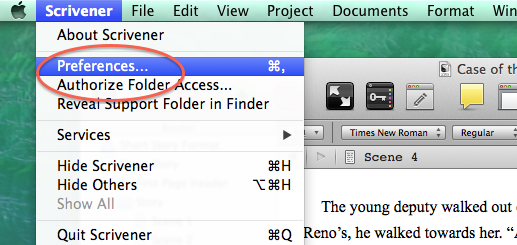
3.Look along the top menu of the Preferences panel for the big A (formatting) and click it.
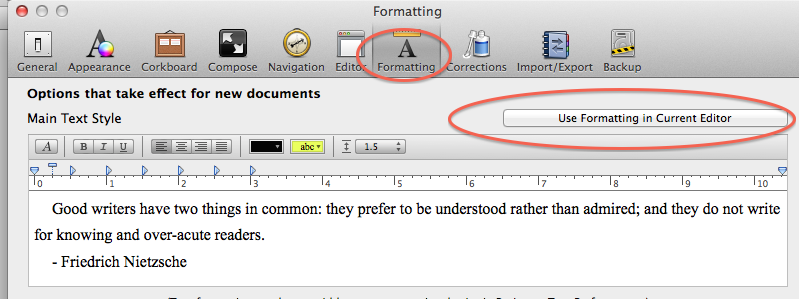
4. Click the button to “Use Formatting in Current Editor.” (Note - If this is grayed out please check to be sure you are in the correct editor - See the comment below from Kristen Elise for more details. Thanks, Kristen)
Click the button causes Scrivener to use the formatting that you’ve preset in step one as the global default for everything in Scrivener.
Now . . . back to my open project!
by Stephen Campbell | Dec 11, 2014 | Writing
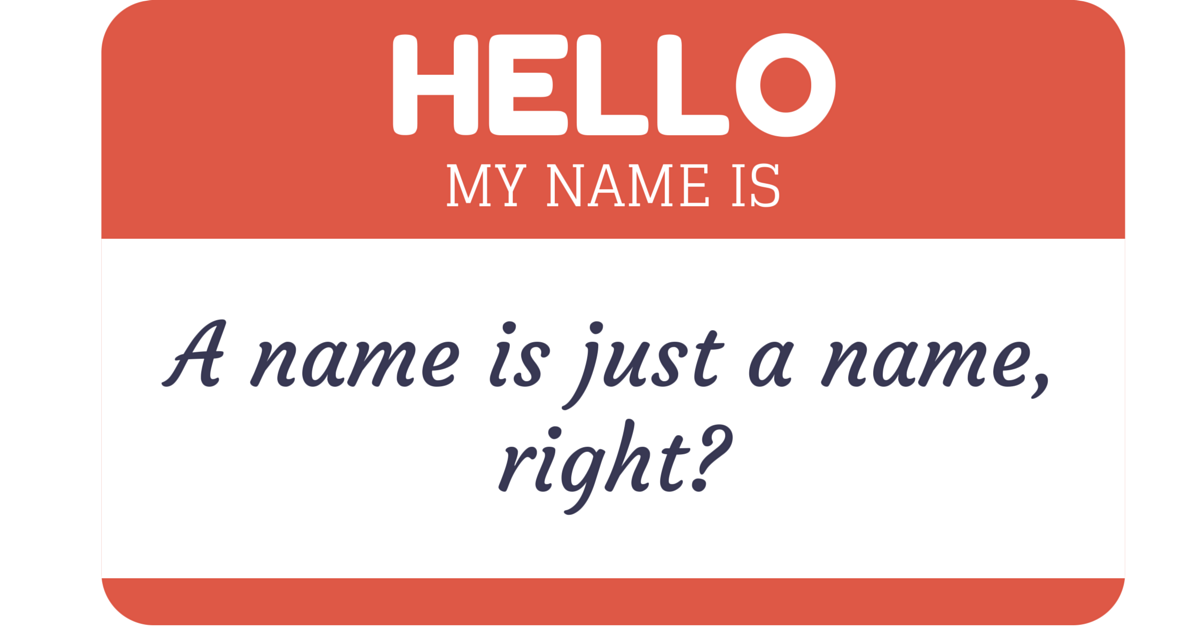
When I start a story, I typically have no idea what my character’s names will end up being. As proof, I offer the working title of a novel I’m currently editing. The file name in Scrivener is Smith One.
This book started with two primary characters. Smith and Hart. For the sake of simplicity, I used John Smith and Jessica Hart. Why Jessica and John? For some strange reason when I need to come up with first names quickly, they always begin with the letter J.
After getting a few chapters into the story I changed Smith to Adler, so my protagonist (at the time) was now John Adler. Still lame, but better. He was starting to come to life. Unfortunately, the female character was not. My plan was for her to be Robin to Adler’s Batman, or maybe Watson to Adler’s Holmes, but it wasn’t happening. Did she need a better name?
Scrivener has a first name generator, but it didn’t help. I kept changing her name, but she kept shaking her head no.
Let me describe this character for you. She’s a 5’7″ ball of energy with long, nearly uncontrollable red hair. A former military police officer, she left the army after six years and turned into a corporate security drone. Then something happened that flipped her life completely upside down. She’s a strong woman, and she wasn’t going any further until she had a valid name.

Here’s where the story completely stalled out for me. Could a character’s name really be this important during this early stage of the writing process?
I pondered this for an hour or so, then I remembered a conversation I had with Peter Leonard earlier in the year. He shared some advice he received from his well know father, Elmore, about character (more…)
by Stephen Campbell | Jun 9, 2014 | Reading, Writing
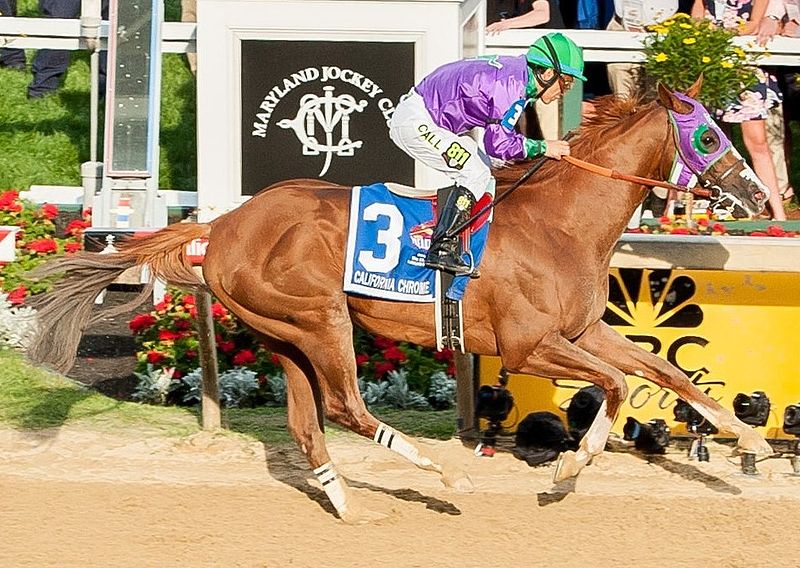
California Chrome Winning the Preakness - Creative Commons Image Via Wikipedia
It was a riveting story. Two older guys buy a broken-down horse, breed her with the cheapest horse they can find, and the offspring becomes a national hero. The horse that could finally put an end to horse racing’s 36 year wait for the next triple crown winner.
There’s much more to the story, but you probably know it already. The 77 year old trainer. The owners turning down millions for a partial interest in the horse, but that’s not the point of this post.
If this were a novel there are plenty of ways the story could go that would be satisfying, win, lose or draw. Endings that would cause readers to reach for the next book in the series, or another book the author has written.
Of course, the California Chrome story didn’t end the way most people wanted, and that’s where it gets instructive. If you write books for publication, you want a great plot, richly developed characters, exotic settings, and to take the reader into an exciting world. But then you’ve got to write (more…)
by Stephen Campbell | Jun 2, 2014 | Mysteries, Reading, Writing
Shamus Award winner Paul D. Marks tagged me to join the Writing Process Blog Hop. You can check out Paul’s writing process post at http://www.pauldmarks.blogspot.com. At the end of my post, I’ll tag three other authors who will blog about their writing process, by answering the same four questions on June 9th: Rebecca Forster, Will Graham, and Michael Haskins.
1. What am I working on?
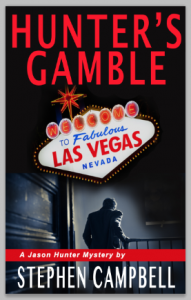 I’m currently working on the second book in my series featuring Jason Hunter. The first book in the series, HUNTER’S GAMBLE, will be released this summer.
I’m currently working on the second book in my series featuring Jason Hunter. The first book in the series, HUNTER’S GAMBLE, will be released this summer.
In HUNTER’S GAMBLE, Jason is tasked with finding the most successful sports gambler in Las Vegas, who disappeared after a multi-million dollar win.
To complicate matters, Jason, who lived and worked in a children’s center while recovering from some personal “difficulties,” also finds himself embroiled in a grisly series of murders.
My current work in process (WIP) is the second book in the Hunter series, and it takes place in Las Vegas as well.
2. How does my work differ from others of its genre?
This is a trick question, right? How is anyone’s work really different? No –– it’s a real question? Okay – First let’s set the genre. HUNTERS GAMBLE is a crime fiction novel, and Jason Hunter, my protagonist, is a ‘sort of’ private investigator. What makes my work different is that Jason Hunter is different. He’s a former insurance investigator who lost his way after dealing with some significant personal tragedy.
He’s a man who is still in love with his wife, despite the fact she died four years ago. His best friend is a Catholic Sister who runs a boys shelter, and his oldest friend is a former sniper for whom the ends always justify the means.
To do the work required of him, Jason must access his old skills (more…)
by Stephen Campbell | May 9, 2014 | Writing
What I’m reading today – DAY OF THE VIKINGS, by J.F. Penn (HT to the wonderful Terry O’Dell for the idea of adding the ‘what i’m reading’ to posts.)
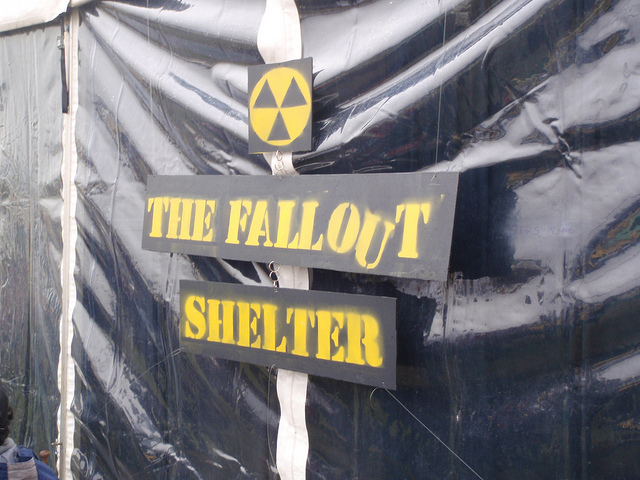
Original image via Flikr Creative Commons, courtesy of Cole Vassiliou
You know those people – the self motivated ones – who don’t need deadlines. Heck. You’re probably one of them. I thought I was too, but this writing gig is making it clear that I’m not. At least not right now.
I spent Wednesday. From 5:30 am to 11:30 pm in the revisions bunker. Then did the same thing on Thursday. Why? (Any sane person would ask that question, so don’t feel bad.) Because I set a deadline for myself two weeks ago.
You’d think with two weeks to get maybe 40 hours of work done, I’d break it up. Two weeks, 14 days = 3 hours a day. Heck. Take weekends off. 4 hours a day.
Easy Peasy.
Instead, I gratefully took weekends off. Then took Mondays (more…)
by Stephen Campbell | Apr 17, 2014 | Writing

Many of you who visit this site listen to the weekly podcasts I’ve done with mystery and thriller authors. That podcast was fun for me. Really fun, and I think I did a pretty good job with the interviews.
A typical interview involved reading the book we’re discussing, writing the questions, scheduling the show, writing the show description, doing the interview itself, and then cutting, posting, and running the show. All told about 10 plus hours per podcast.
I enjoyed reading the books and speaking with the authors, so it was time I enjoyed spending. But it’s ten working hours a week that could be invested in my writing.
While I’ve enjoyed doing the podcasts, I’ve missed two deadlines on my book, HUNTERS GAMBLE. My new, self-imposed deadline is to publish the book in June. That’s June of this year. I’m still in revisions and there’s a great deal of work (more…)









